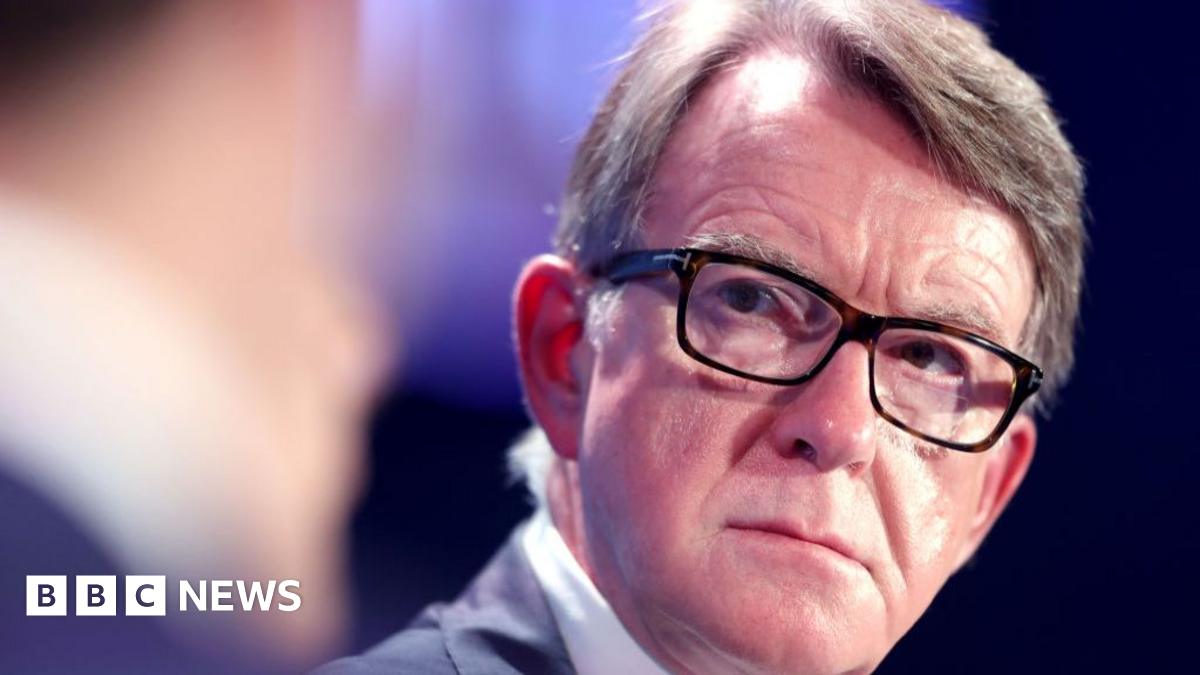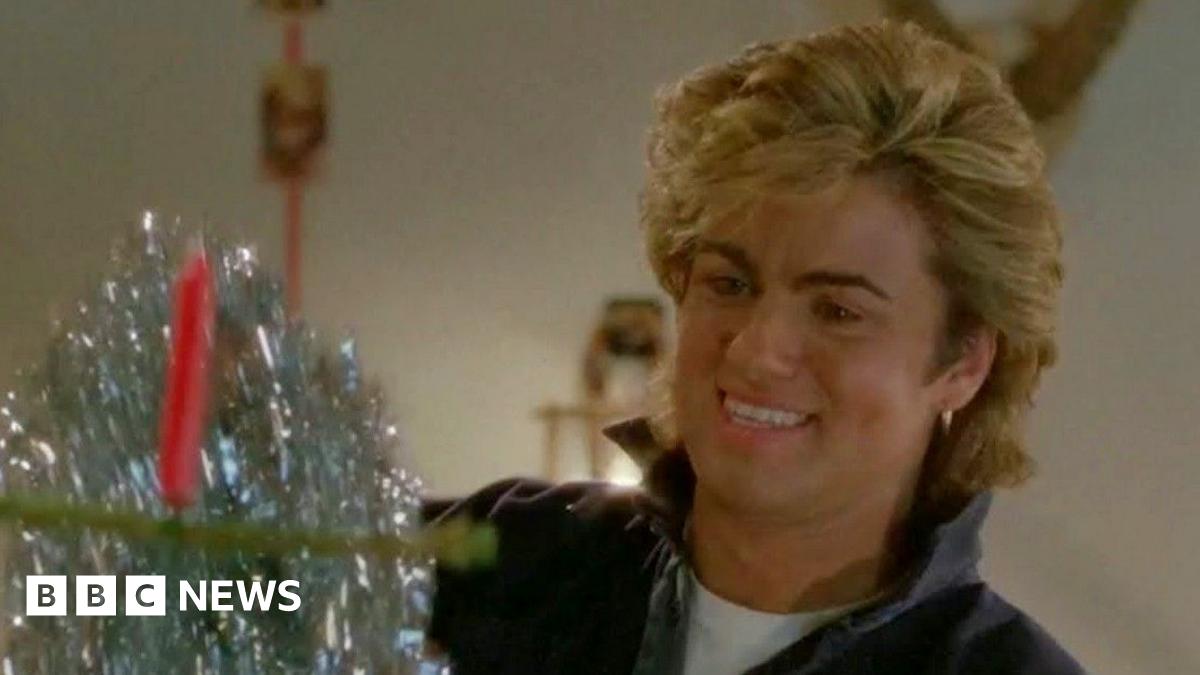Infra
Labour should ‘invest big’ in arts and culture projects, says top economist

Now is the time to “invest, and invest big” in radical millennium-style arts and culture projects across the UK, an economist has urged ahead of the Labour government’s first budget on Wednesday.
The chancellor, Rachel Reeves, needs to urgently fund projects that “make lives livable” to help rebuild deprived parts of the country, said Andy Haldane, the chief executive of the Royal Society for Arts and former chief economist at the Bank of England.
Haldane said this should include making a “big, bold bet” similar to that made by the previous Labour government in the run-up to the year 2000 when it set up the Millennium Commission, which provided £2bn of national lottery funding to dozens of now iconic arts and culture institutions.
These have included the Eden Project in Cornwall, the Wales Millennium Centre, The Deep aquarium in Hull, the Glasgow Science Centre and the Millennium Dome (now the O2 Arena). Many were built on brownfield sites, particularly in areas with high levels of deprivation, and in some cases this has led to dramatic economic transformations of the areas.
“To grow in the north and elsewhere, we need to invest and invest big, because we’ve underinvested too much for too long and that now needs to be reversed,” Haldane told the Guardian.
“In making those investment choices, let’s put front and centre the sort of social infrastructures that are crucial to people’s everyday experiences, to how much they enjoy the place that they live.”
He said cultural institutions provided “a sense of joy and a sense of pride, a sense of belonging” and “if you underinvest in them, you find communities falling apart”.
“There was a correlation between those places over the summer that experienced riots and the amount of money that had been spent in investing in what I’ve called their social infrastructure,” he said. “So this isn’t just good for our sense of joy and wellbeing and health, jobs and skills. These are also the community glue that enable communities to stick together rather than fall apart. Nothing is more important in the UK now than that.”
Haldane said there were already “pockets of brilliance” in the creative economy, citing the Millennium-funded Lowry theatre in Salford, where he launched the RSA’s Creative Corridors report, a policy idea for accelerating growth by joining up creative hotspots throughout the UK, in collaboration with the Arts Council, Creative PEC and metro mayors including Tracy Brabin, the mayor of West Yorkshire, and Andy Burnham, the mayor of Greater Manchester.
after newsletter promotion
The Lowry was built on the derelict Salford Docks, which in the years since has become a thriving hub, home to Media City and Imperial War Museum North.
“You see it all the time. You need some anchor for a place and then all of a sudden you get what we nerdy economists call agglomeration,” he said, citing the redevelopment of the King’s Cross area of London as another example of how economic activity clustered around an existing hub.
“Someone needs to make the first move, right? To make a big, bold bet on a place and say ‘I’m doing it’. Where someone leads, others are less fearful about treading, and before you know it you’ve transformed a place.”
Ahead of the budget, Haldane also called specifically for tax credits on research and development to be extended to include creative innovation, to help boost a sector of the economy that has bucked the trend of decline and still has plenty of room for growth.
He said: “It’s bizarre that our key incentive scheme for investment in the creative industries currently disadvantages those very industries and that very innovation that we think is most important.”










